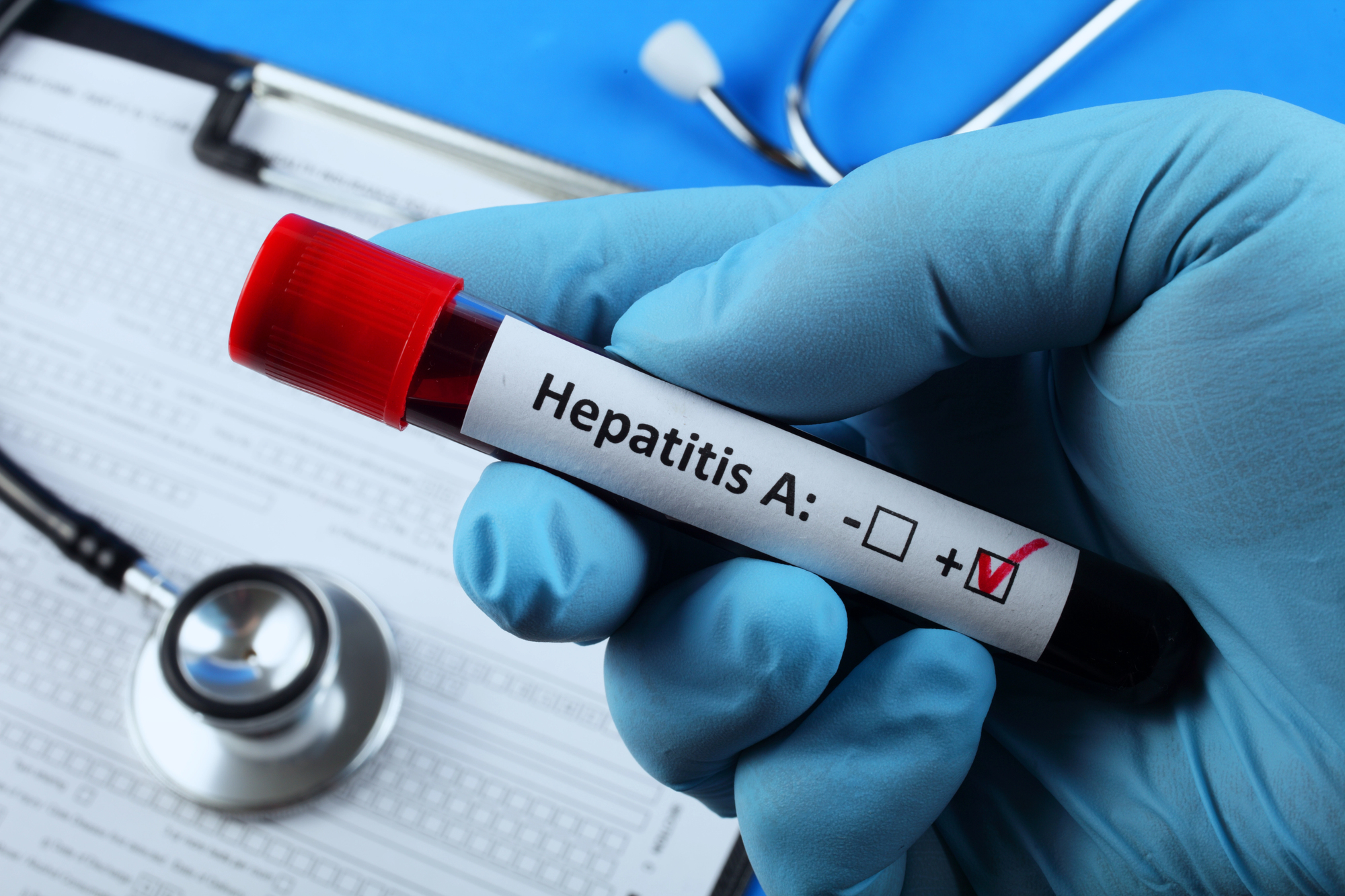The Directorate-General of Health (DGS) has issued a warning about a Hepatitis A outbreak primarily affecting the Algarve, Alentejo, and Lisbon and Tagus Valley regions, with poor sanitary conditions linked to the transmission, particularly impacting children.
In a statement, the DGS highlighted an increase in Hepatitis A virus transmission across the country, with 504 infection cases reported between January 1 and May 31.
This situation reflects a rise in Hepatitis A virus transmission in Portugal, aligning with trends reported by the European Centre for Disease Prevention and Control (ECDC) regarding active outbreaks in various European countries.
Of the 504 confirmed acute liver infection cases, 122 are associated with sexual contact transmission, spread across several regions but with higher incidence in Lisbon and Tagus Valley and the Porto Metropolitan Area, mostly affecting men aged 18 to 44.
Additionally, the DGS identified a second outbreak localized in the Algarve, Alentejo, and Lisbon and Tagus Valley regions.
Hepatitis A is often asymptomatic or mild in children under five but can present suddenly in adults with symptoms like fever, malaise, and abdominal pain, with jaundice – yellowing of the skin and eyes – being the most characteristic sign.
There is no chronic form of the disease, and infection confers lifelong immunity, the DGS emphasized, assuring that national and subnational health authorities are continuously monitoring the situation, implementing appropriate public health measures to curb the infection's spread.
Among these measures, the DGS highlighted contact tracing and follow-up, pre-exposure vaccination for at-risk groups, and health education actions.
Pre-exposure vaccination against the virus is the primary prevention method, especially recommended for those living in or traveling to endemic areas or active outbreak zones, with sexual practices associated with increased infection risk, and with chronic diseases or other conditions that may worsen the clinical course of Hepatitis A infection.
The vaccination norm against Hepatitis A is under revision to facilitate free access for the most vulnerable population groups.
Vaccination is also available post-exposure, targeting close contacts of confirmed cases, following national guidelines and eligibility criteria, to prevent secondary cases.
In collaboration with civil society organizations and sexual health services, the DGS has been developing information and awareness campaigns, disseminated through its digital platforms and dating mobile applications.































Comments
Join Our Community
Sign up to share your thoughts, engage with others, and become part of our growing community.
No comments yet
Be the first to share your thoughts and start the conversation!